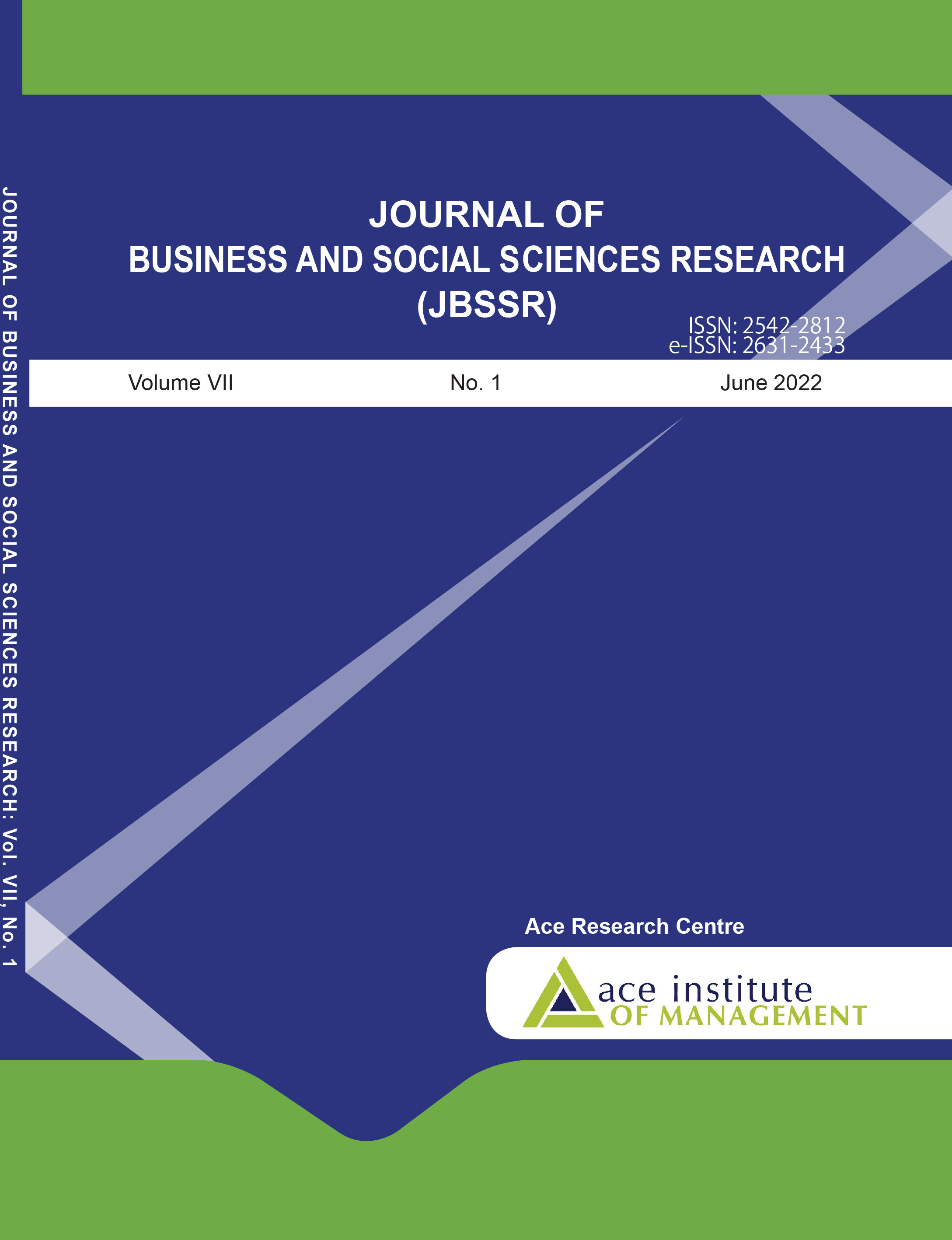Mediating Role of Critical Psychological States in Relationship between Person–Job Fit and Intention to Leave in Uganda
DOI:
https://doi.org/10.3126/jbssr.v7i1.47681Keywords:
critical psychological states, intention to leave, person-job fitAbstract
This study aimed at determining the role of critical psychological states in the relationship between person-job fit and intention to leave among medical workers of Mulago National Referral Hospital in Uganda. The study adopted a cross sectional descriptive survey design. A sample of 475 medical workers was selected. Based on a structured questionnaire with Likert type statements this study used both descriptive and inferential statistics for data analysis. To test the hypothesis that critical psychological state mediates the relationship between person-job fit and intention to leave, Baron and Kenny four-step regression analysis was used. The study results confirmed that critical psychological state mediates the relationship between person-job fit and intention to leave. The results have contributed to the job characteristics theory, and it advises organisations to improve the fit between employees and their jobs, make jobs more meaningful and give employees responsibility for their work, and provide feedback to employees.
Downloads
Downloads
Published
How to Cite
Issue
Section
License
© JBSSR/AIM
Authors are required to transfer their Copyright to the Journal of Business and Social Sciences Research.




